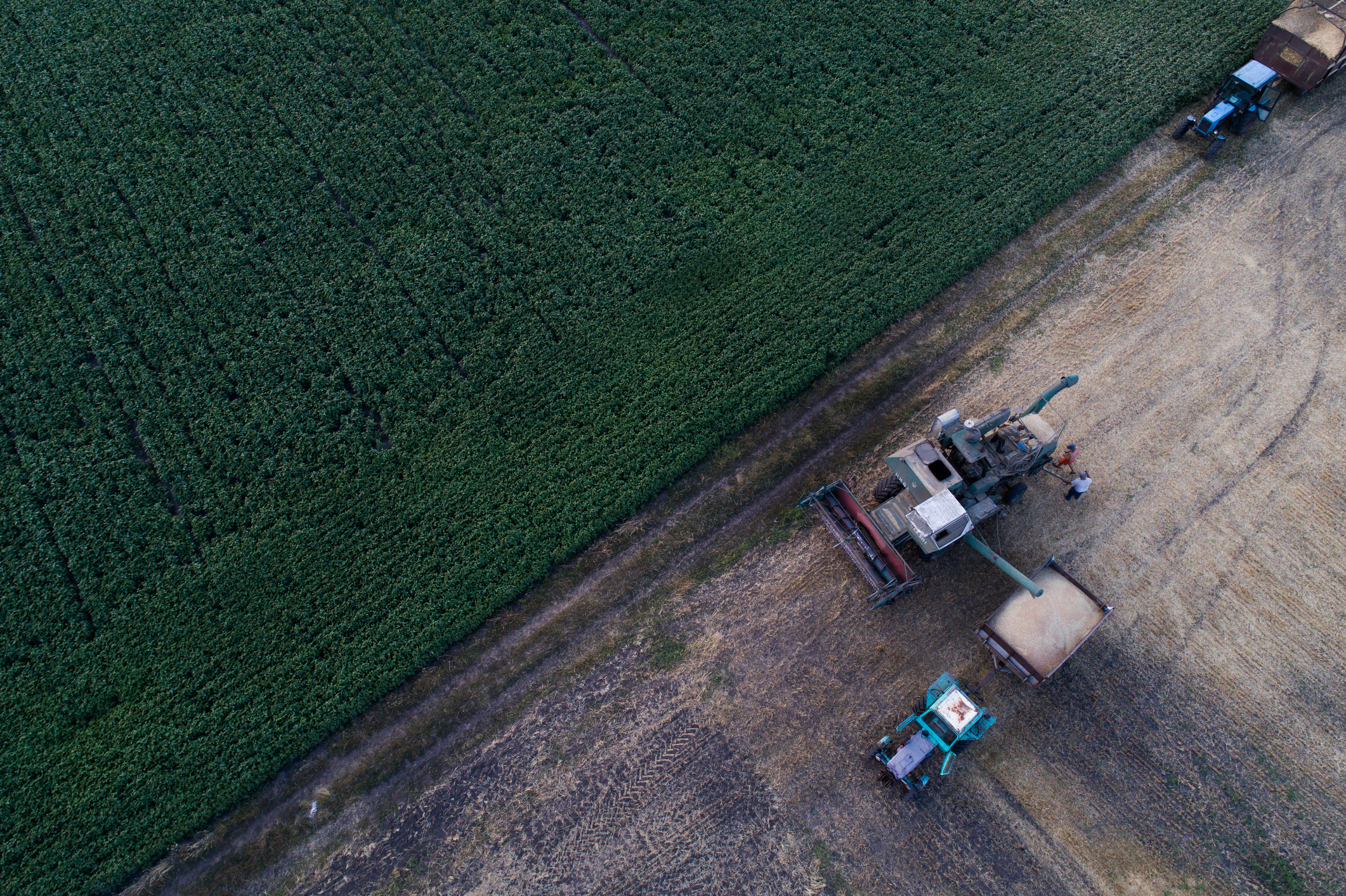Greg Ottenbreit, the minister responsible for Water Security Agency (WSA), announced that the WSA is investing $1 million to partner with 10 stakeholder organizations on 11 agricultural water management demonstration projects.
“Agricultural water management is extremely important to our economy and the environment, but every region of our province is different,” said Ottenbreit. “We need to listen and learn from, and work with farmers and ranchers on the landscape. These projects will allow stakeholders, WSA, and local leaders to better understand how we can solve complex water management issues.”
The funding will enable agricultural and environmental communities to test innovative solutions, inform best practices to help farmers and ranchers manage water on their land, and mitigate water quality and quantity impacts downstream.
“Water management is important to all of rural Saskatchewan as our economy and viability of rural communities depend on it,” said Ray Orb, the president of the Saskatchewan Association of Rural Municipalities. “We are pleased to see this investment as Water Security Agency works with local leaders on options and examples of how projects can be supported by all stakeholders.
The participating organizations receiving funding include:
- Saskatchewan Conservation and Development Association
- Glacier FarmMedia Discovery Farm (Langham)
- Saskatchewan Association of Watersheds
- Saskatchewan Irrigation Projects Association
- Saskatchewan Wildlife Federation
- Saskatchewan Soil Conservation Association
- Saskatchewan Stock Growers Association
- Saskatchewan Research Council
- Prairie Agricultural Machinery Institute
- Saskatchewan Heavy Construction Association
“We have been working to advance agricultural water management projects for a number of years and it is great to see the government will be working with local leaders to find solutions to many of our members issues,” said Miles Wendell, chair of the Saskatchewan Conservation and Development Association. “A lot of these projects take time and are very complex, so it’s good to see Water Security Agency taking this approach to demonstrate what works and what might need a different approach.”
Some of the demonstration projects will test how farmers and ranchers can irrigate with water drained from agricultural fields. Other projects will strategically retain wetlands to reduce the downstream impacts of flooding on infrastructure, water quality, and habitats. In addition to this, some projects will look at applying fertilizer in different ways in order to minimize nutrient runoff.
The Glacier FarmMedia Discovery Farm (Langham), northwest of Saskatoon, will host one of the projects. It will be the site of a multi-year study that will involve design, regulatory approval, and construction of a drainage system on approximately 40-acres of land. After construction, a field study will evaluate several management practices meant to reduce nutrient runoff.
“The goal is to design a drainage plan that meets regulatory requirements and optimizes land productivity while preserving the environment,” said Blake Weiseth, applied research lead at Discovery Farm. “This demonstration will help producers reclaim marginally productive low-lying areas while incorporating key nutrient management features associated with wetlands.”
More information about the Agricultural Water Management Strategy is available here.









